You have not yet added any article to your bookmarks!

Join 10k+ people to get notified about new posts, news and tips.
Do not worry we don't spam!
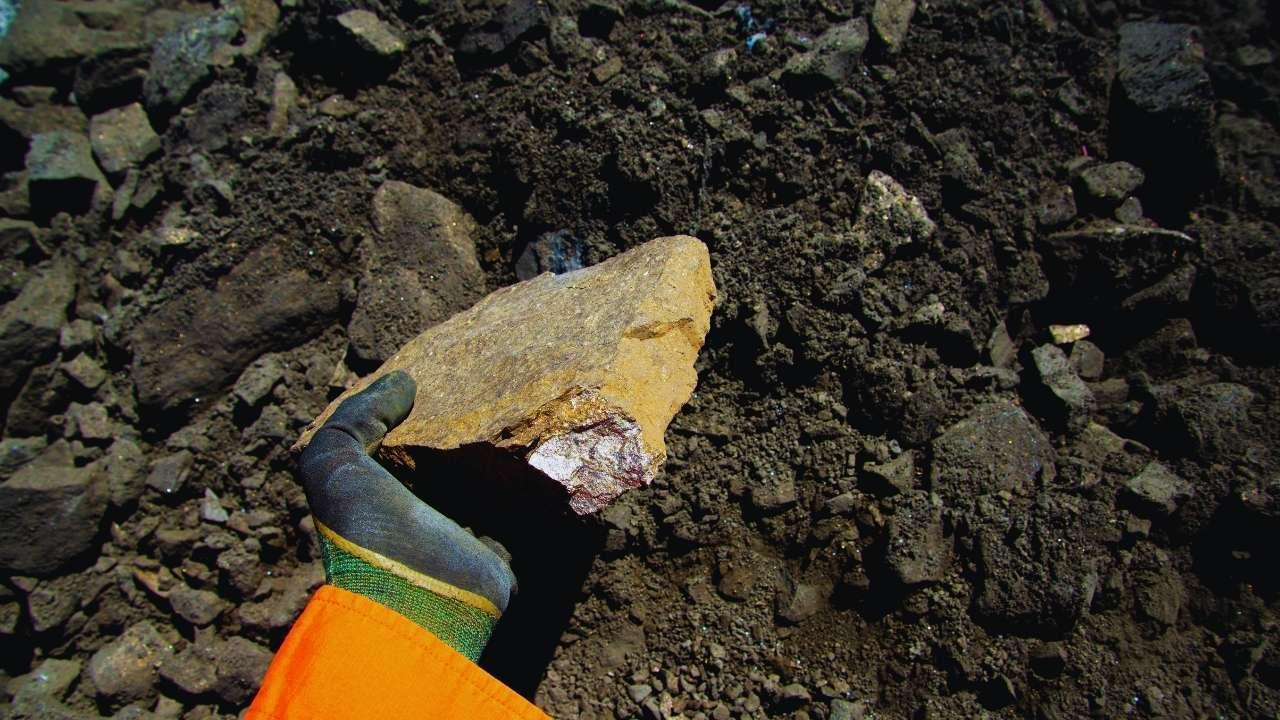
Post by : Anis Farhan
Nickel has become Indonesia’s “new gold.” As the world transitions toward electric vehicles and renewable energy storage, demand for nickel — a key component in EV batteries — has surged dramatically. Indonesia, home to the world’s largest nickel reserves, has quickly positioned itself at the center of this shift. With foreign investors, especially from China, pouring billions into nickel processing plants, Indonesia’s economic outlook is brighter than ever. Yet, alongside the boom lies a troubling undercurrent of environmental degradation, pollution, and community disruption that could undermine this rush.
Electric vehicles are no longer a niche product. Global carmakers, from Tesla to BYD, are competing to dominate the EV market, and nickel is indispensable for producing the high-density batteries that power these cars. Indonesia’s decision to ban raw nickel exports in 2020 and push for domestic refining has transformed the country into a global hub for processed nickel supply. This strategy has positioned Jakarta as a vital player in the global green energy transition.
China, the world’s largest EV manufacturer, has aggressively invested in Indonesia’s nickel processing industry. Joint ventures between Chinese firms and Indonesian companies have established smelters and high-pressure acid leaching (HPAL) plants, allowing Indonesia to export battery-grade nickel. Western automakers and battery companies, too, are beginning to source from Indonesia, ensuring that the country remains at the forefront of global EV supply chains.
The nickel boom has delivered remarkable profits. Indonesia has seen a surge in foreign direct investment, job creation, and infrastructure development. Export revenues from nickel and nickel products are contributing billions of dollars annually to state coffers, helping Jakarta strengthen its fiscal position. For local economies, especially in Sulawesi and Maluku where most nickel mines are located, the industry has created new employment opportunities and raised living standards for many families.
Behind the glossy numbers lies a grim environmental reality. Nickel mining and refining are energy-intensive and polluting processes. Large swathes of tropical forests have been cleared to make way for mines, leading to biodiversity loss and soil erosion. Waste from smelters often finds its way into rivers and coastal waters, threatening marine ecosystems. HPAL plants, in particular, produce toxic waste that poses long-term risks to water resources and human health.
Communities living near nickel mines and smelting plants face serious consequences. Air pollution from coal-powered smelters affects respiratory health, while contaminated water sources jeopardize agriculture and fishing — lifelines for local people. Indigenous communities, whose ancestral lands are often seized for mining, are losing not just their homes but their cultural identity. Protests and social tensions have erupted in several regions, highlighting the deep divide between economic interests and environmental justice.
Ironically, nickel mining intended to fuel the green transition is leaving behind a dirty footprint. The paradox is stark: EVs are celebrated as a solution to climate change, but their production depends on mining practices that harm the environment. This contradiction is prompting debates among environmentalists, policymakers, and investors about whether Indonesia’s nickel rush is truly sustainable or just another resource exploitation cycle dressed up as green progress.
The Indonesian government has pledged to balance growth with sustainability. Efforts include stricter environmental regulations, rehabilitation programs for mined land, and incentives for renewable-powered smelting operations. However, enforcement remains a challenge. With corruption and weak oversight in the mining sector, many companies evade accountability. Civil society groups argue that without robust monitoring and penalties, sustainability commitments will remain hollow promises.
International scrutiny is mounting. Global automakers, increasingly under pressure to prove their supply chains are ethical and sustainable, face dilemmas when sourcing from Indonesia. Some companies are demanding greater transparency and adherence to environmental, social, and governance (ESG) standards. Financial institutions, too, are being cautious, with some investors wary of reputational risks tied to Indonesian nickel.
Despite challenges, Indonesia has opportunities to lead with innovation. Transitioning smelting operations from coal to renewable energy could drastically reduce carbon emissions. Developing safe waste management systems for HPAL plants and investing in recycling technologies for EV batteries could make the industry cleaner and more circular. Such steps could ensure that Indonesia remains competitive while meeting international sustainability standards.
Communities affected by nickel mining are not silent. Grassroots movements and NGOs are documenting abuses, advocating for environmental justice, and pressuring both companies and governments to act responsibly. These voices are shaping public discourse and pushing for reforms, though they often face intimidation and suppression in a political environment that prioritizes economic growth.
The long-term question remains: will Indonesia’s nickel rush secure sustainable prosperity or create deeper ecological and social crises? If managed well, Indonesia can indeed become a green-energy powerhouse, providing critical materials for the global transition. But if exploitation continues unchecked, the nickel boom could leave behind poisoned lands, broken communities, and a tarnished reputation.
Indonesia’s nickel industry sits at a critical crossroads. The profits are undeniable, but so are the environmental and social costs. The government, investors, and communities must navigate these competing realities to ensure that the nickel rush fuels not just economic gains but also sustainable progress. The future of Indonesia’s nickel will determine not just its role in the EV revolution but also whether the global green transition is built on truly clean foundations or on another cycle of exploitation.
This article is a researched editorial feature by Newsible Asia. While every effort has been made to ensure accuracy and balance, the content reflects ongoing developments in Indonesia’s nickel sector. Readers are encouraged to consider multiple perspectives when evaluating the topic.
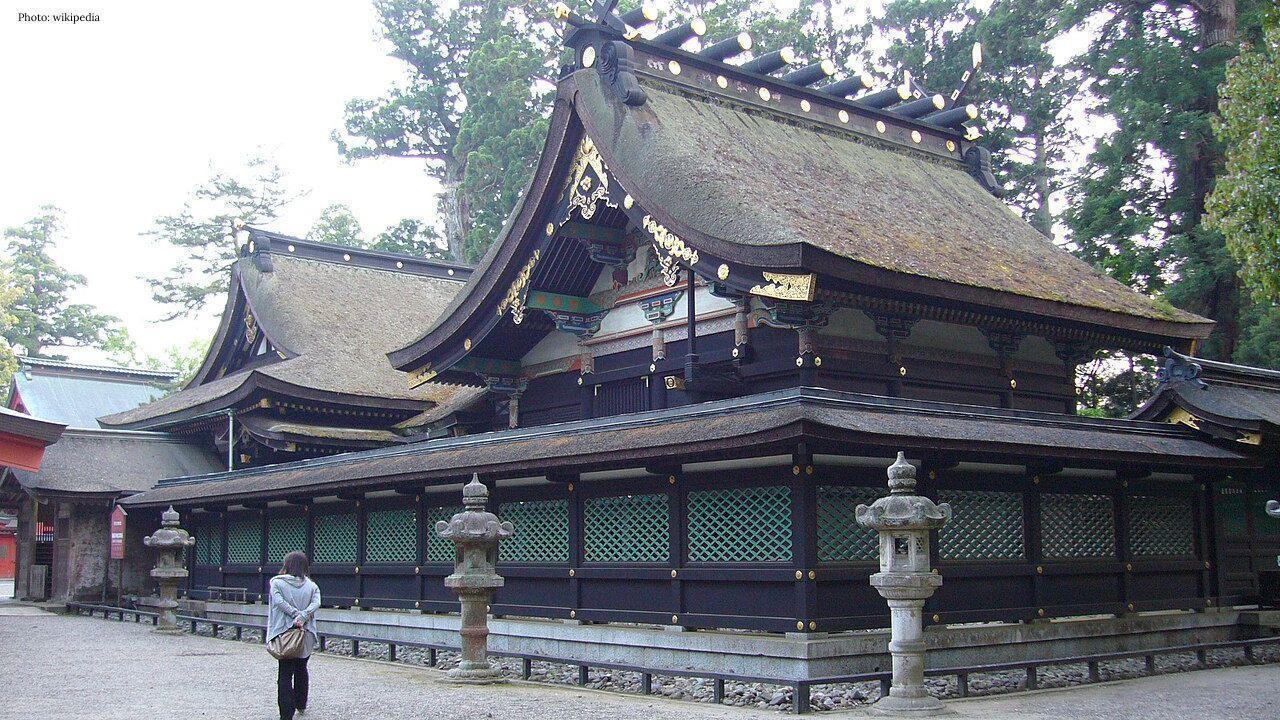
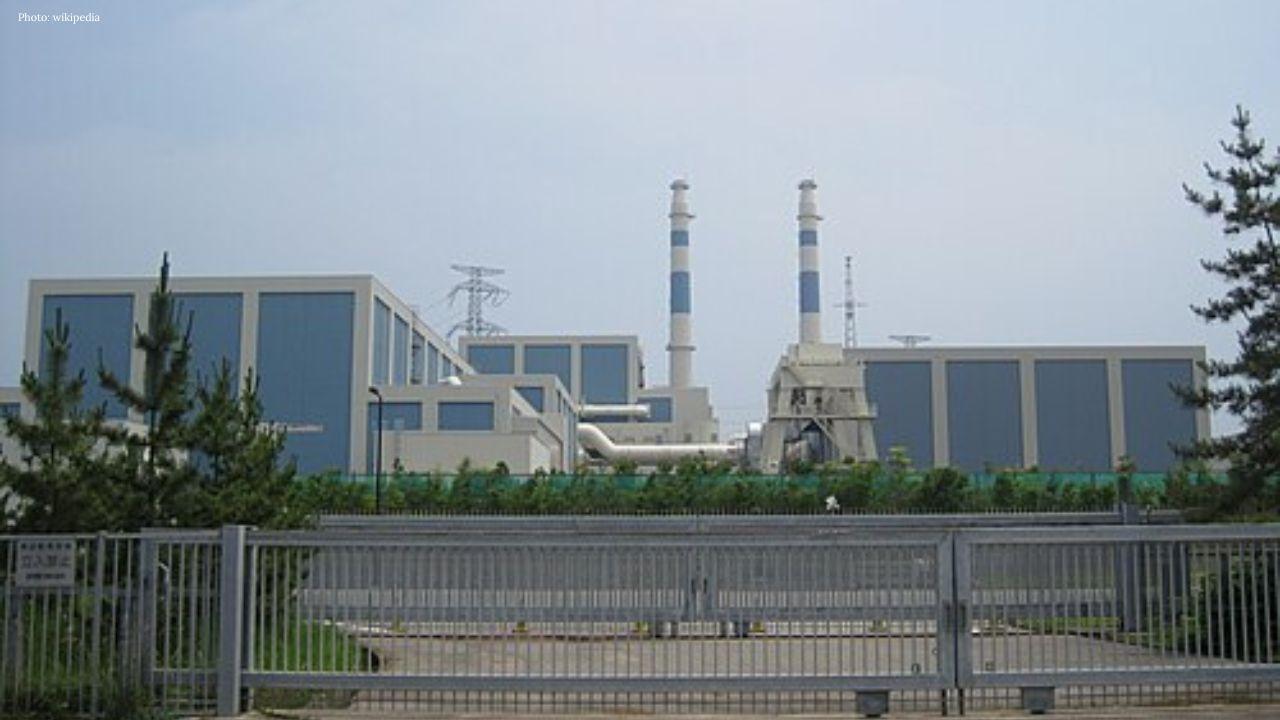
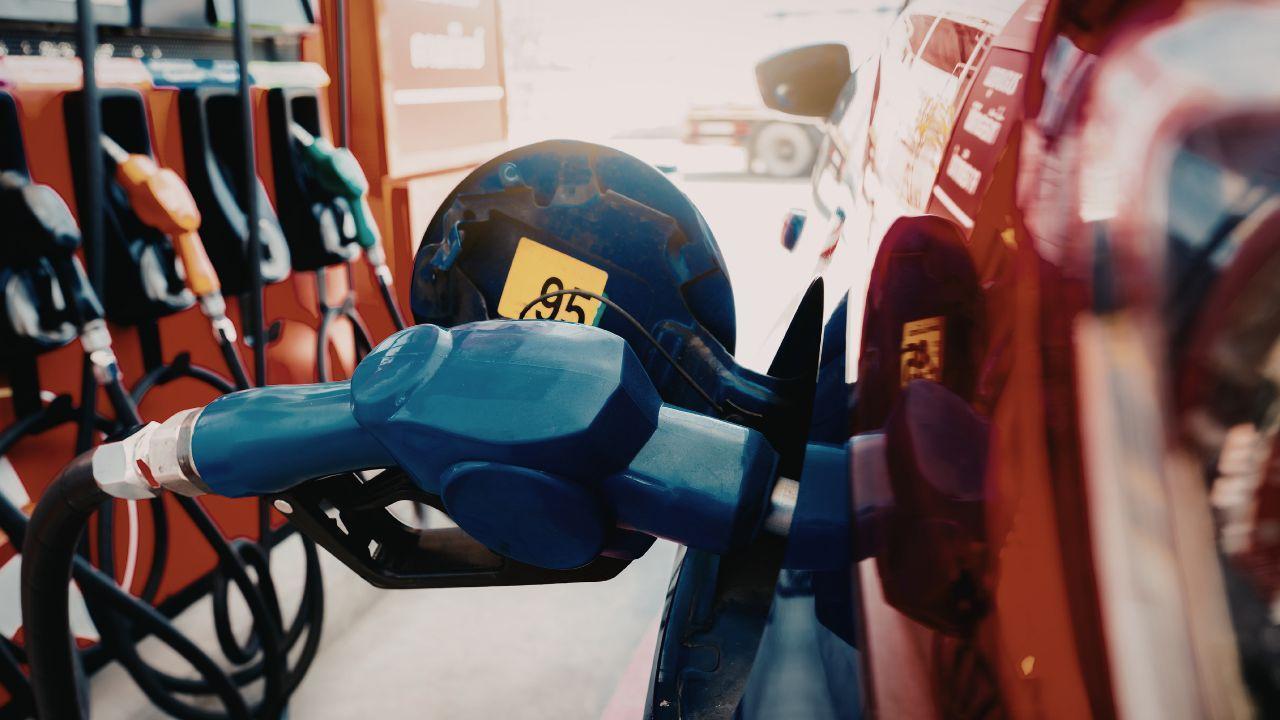
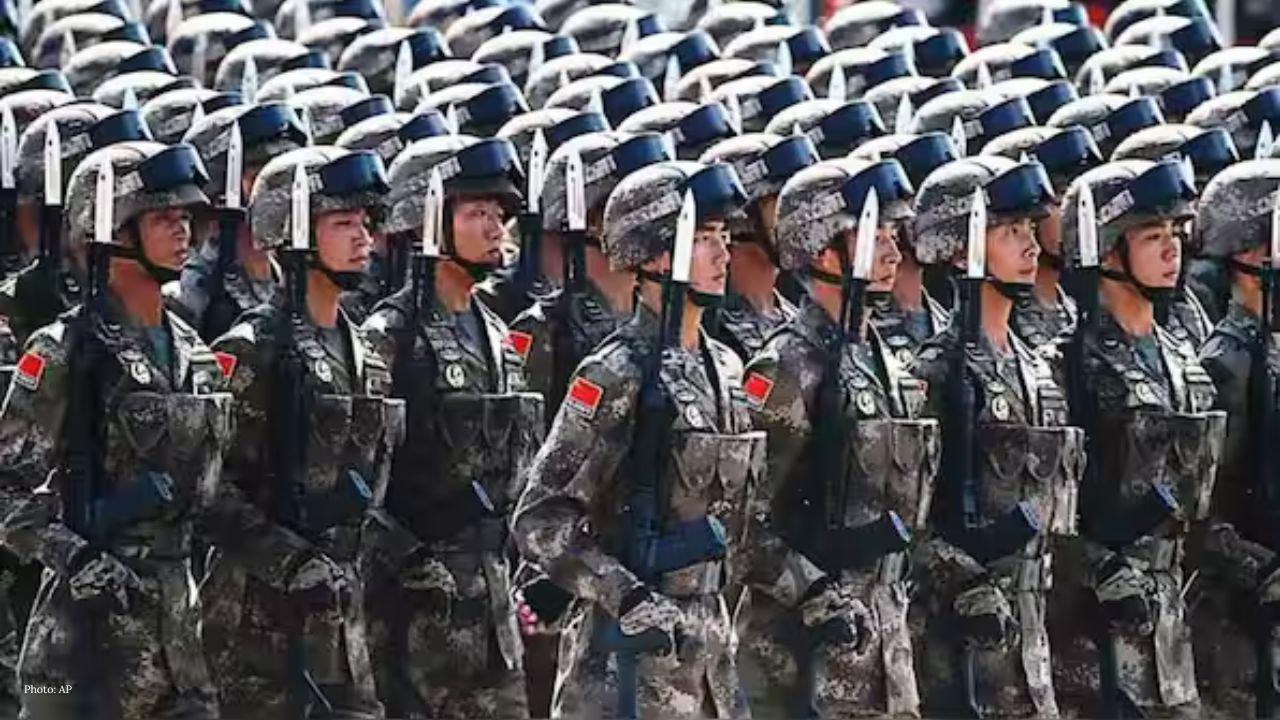




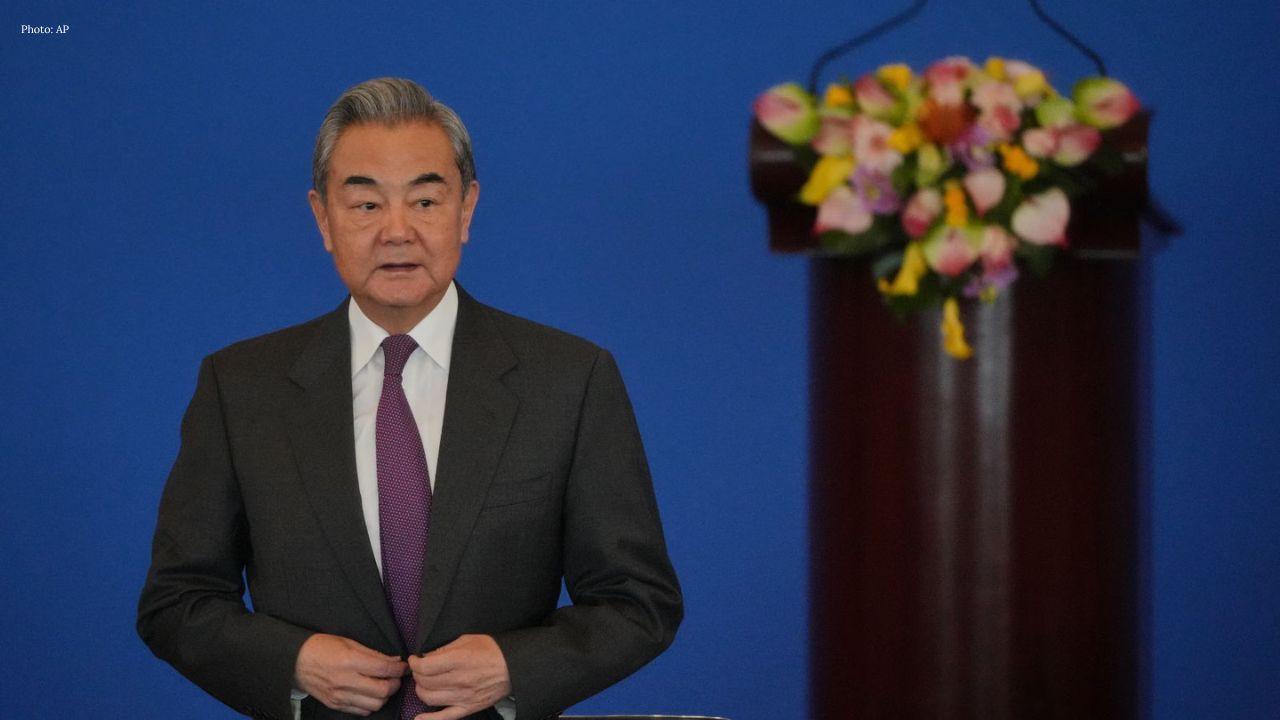

US-Based Japanese Doctor Arrested Over Shrine Vandalism
Masahide Kanayama extradited to Japan, accused of defacing Katori Shrine in Chiba with oily liquid i

China to Raise Defence Budget by 7% in 2026 Amid Global Tensions
Beijing proposes a 1.91 trillion yuan defence budget for 2026, marking 11th straight year of single-

China Ousts Three Retired Generals from Top Political Advisory Body
CPPCC ousts retired PLA generals ahead of annual Two Sessions as broader anti‑corruption military sh

Japan Jobless Rate Rises to 2.7%
Japan sees first increase in jobless rate in five months as voluntary quits rise and job openings sl

Strong 6.1-Magnitude Earthquake Shakes Indonesia’s Sumatra Island
Tremors felt across region no immediate reports of damage or casualties as authorities monitor seism

Rizwan Sajan Reaffirms Trust in UAE’s Safety and Growth
Danube Group Chairman Rizwan Sajan assures residents and expatriates of safety in UAE, highlighting